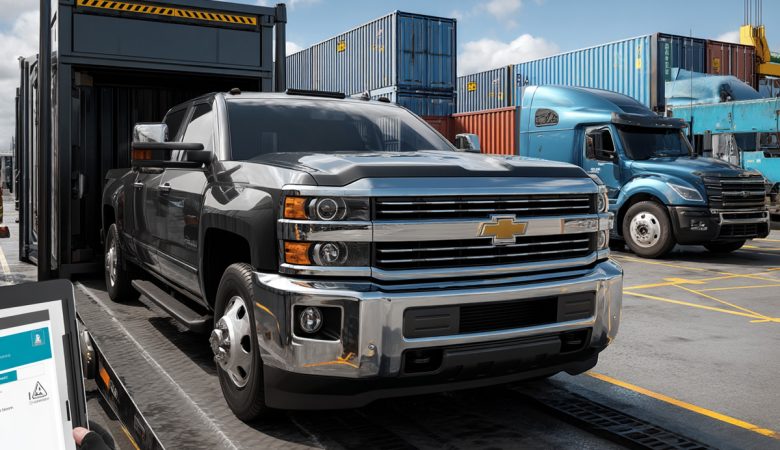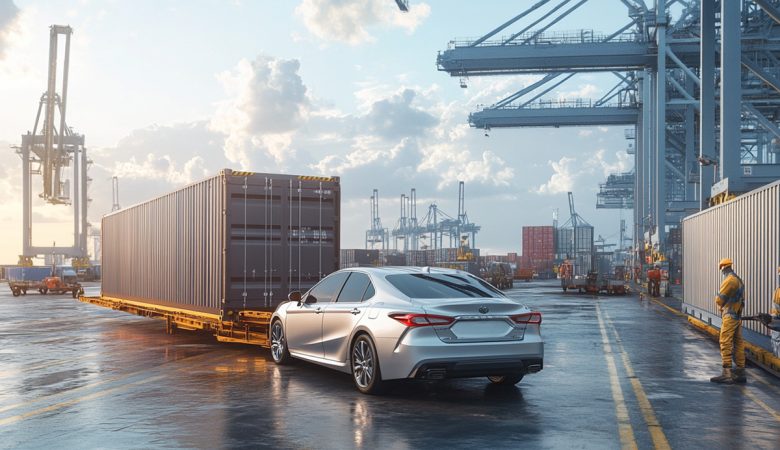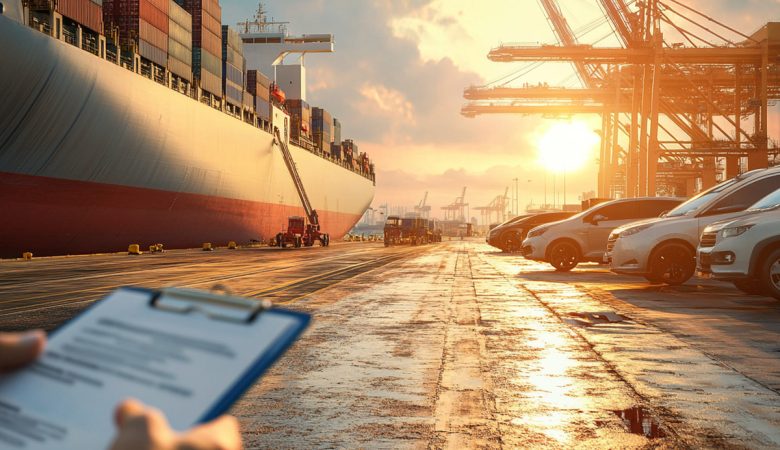Auto transport companies provide a simple solution to ship vehicles to and from any major city in the United States. The methods of transportation, however, depends on the services offered by the car shipping company. Depending on the auto shipping company that you choose, you have the option of choosing between enclosed shipping and open carriers. The blog discusses the options of enclosed shipping vs. open carriers, in detail.
Enclosed Shipping
An enclosed auto transport truck has a fully enclosed trailer. The truck pulls a large box on its trailer that bears a floor, a roof, and four walls. Enclosed trailers provide a safe and secure environment to transport your vehicle. Enclosed auto transporters fully cover the cars and ensures the safety and security of the vehicles transported.
Open Carriers
Open carrier is one of the common methods of shipping a vehicle and preferred by majority of customers as it is an affordable option. Auto shipping company use a diesel truck that is 75 to 80 feet long and carries a longer row of cars on the top level, and a shorter row on the bottom one. This kind of auto transport is better known as an open-air trailer, as there are no sides or roof to the trailer. Your vehicle is, therefore, exposed to the external elements at all times.
Pros and Cons of Enclosed Auto Transport
Pros
Protection
Enclosed carriers are a safe way to transport expensive vehicles, luxury sports cars, and antiques, as these trailers offer the highest level of security and protection. Enclosed carriers protect your expensive vehicles from harsh weather conditions and road debris.
No Fear of Damages
When you choose enclosed auto transport option you don’t need to think about the damage that may be caused by road debris. Enclosed auto transport protects the vehicles from damage caused by harsh weather conditions or debris.
Cons
Expensive
An enclosed trailer is known to be an expensive mode of transporting your vehicle as compared to an open carrier. These trailers come in varying sizes and they move two to three cars at one time making it dearer than a majority of the other trailers.
Less Fuel-Efficient
Enclosed auto transport requires more fuel as compared to open-air trailers. One of the key disadvantages of this mode of transport is that it is less fuel-efficient due to its heavy weight, and therefore, high on your budget.
Open-Air Transport
Pros
Economic and Flexible
Open-air transport carriers offer you fast shipping services at low prices, which is not possible in the case of enclosed trailers. Apart from the economic factor, you can easily secure an open-air trailer service on short notice. The services of open air transport are, therefore, more flexible, especially with the unpredictable schedules when you have to make a hectic move.
High on Capacity
The key advantage to moving your vehicle(s) on an open-air trailer is that you can transport an entire group of vehicles at one time. Enclosed trailers typically accommodate a few cars, while open-air carriers can fit at least eight-to-ten cars at once. If you have a family driving multiple cars, open-air carriers help you to move all of them in one shot. You won’t have to hire multiple trailers and services to move.
Cons
Lack of Security
When you choose open-air transport, your vehicle is exposed to the external elements during transit. This kind of transport fails to protect it from the weather and debris.
Damage is Common
Open-air carriers leave your vehicle open on the back of the truck, leaving them exposed to damage caused by harsh weather conditions and debris.
Conclusion
Before short-listing the mode of transportation of the vehicle, it is necessary to analyze the pros and cons of both the type of auto transport options mentioned above. The factors will enable you to choose a vehicle that fits your budget and security requirements. If you need domestic or international shipping services, get in touch with EasyHaul for all your vehicle transportation needs. Feel free to call us at +1 (360) 597-9320 for a no-obligation consultation.




Leave a Reply
You must be logged in to post a comment.